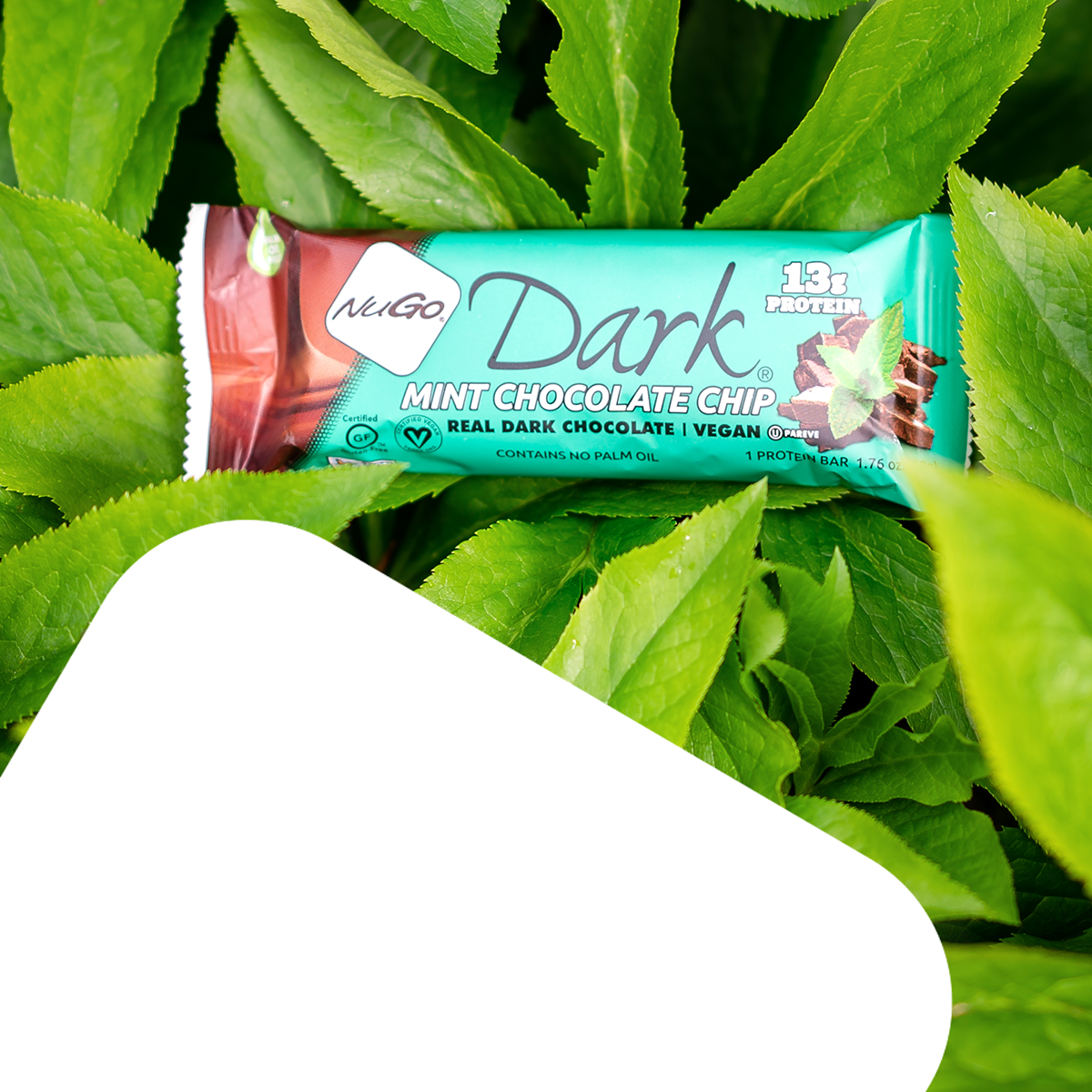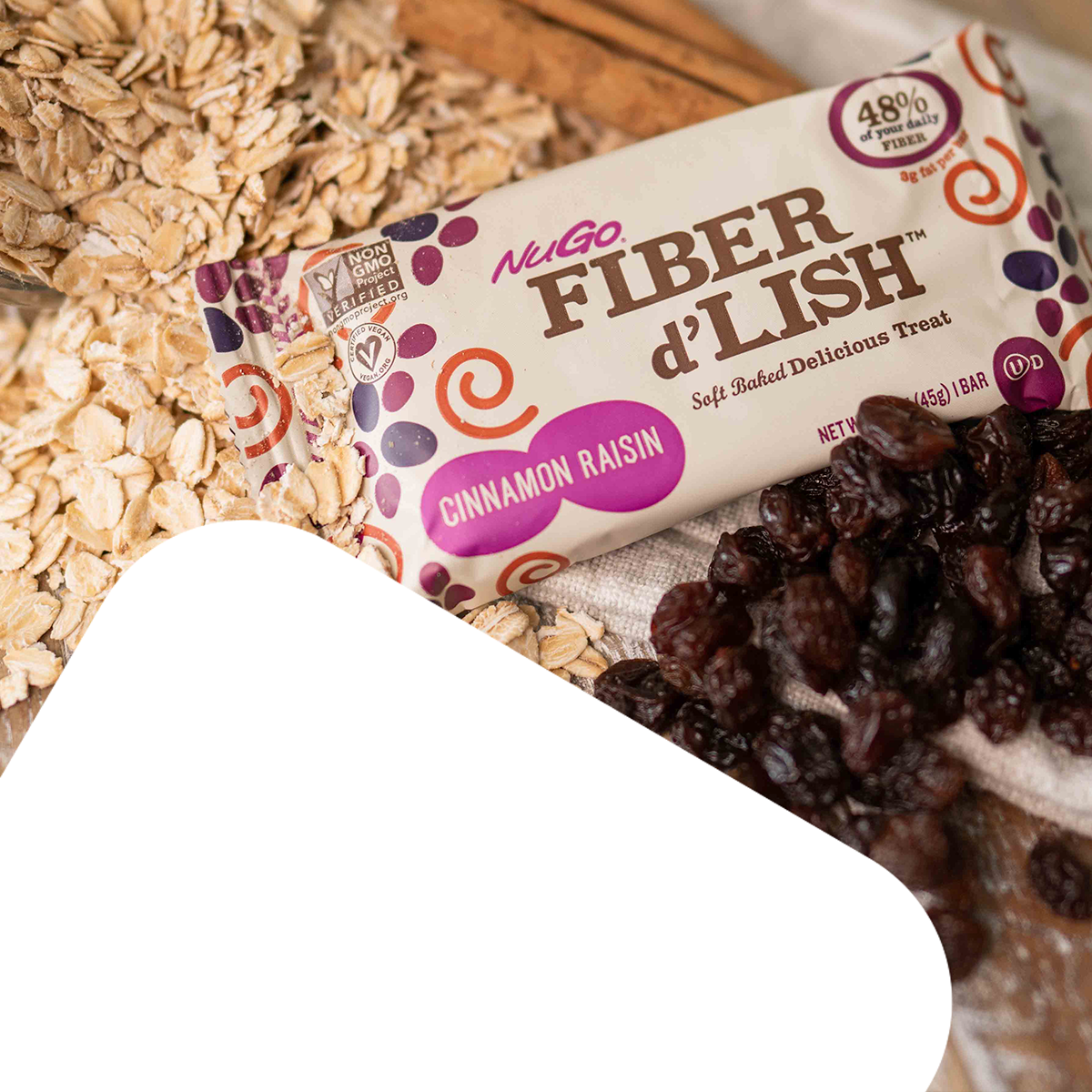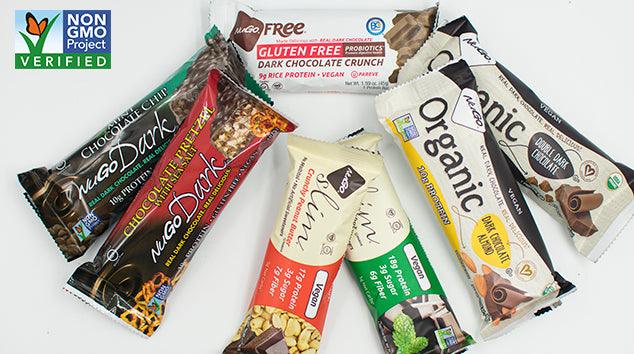Do you ever find yourself confused by claims and statements on food labels? If you do, you’re not alone. Terms like, “natural”, “antibiotic-free”, “no added hormones”, and the list goes on and on. These claims are confusing to consumers and often times, actually mean something different than what consumers think they mean. In many ways, food labels can be information overload, making grocery shopping and healthy food choices a harrowing experience. One claim often seen on food labels, is “non-GMO”. Just what it is GMO, non-GMO, and how much should it be used to guide food choices?
What is GMO?
GMO is the acronym for genetically modified organism. According to Wikipedia, a genetically modified organism is any material whose genetic material has been altered using genetic engineering techniques. GMOs are used in the production of medications and other goods. Furthermore, and specific to food, genetically modified foods are produced from organisms that have had changes introduced into their DNA using genetic engineering.
They are modified for various reasons including to increase resistance to herbicides and disease-producing pathogens that could destroy entire crops. The first genetically modified plant was produced in 1983 and the commercial sale of genetically modified food items began in 1994.. Many packaged foods are produced with derivatives of these genetically engineered items.
Are GMOs dangerous?
There is scientific consensus that currently available food derived from genetically modified crops poses no greater risk to human health than conventional food. At the same time, advocates for labeling argue that not enough is known about the risks of GMOs, and understandably, people want to know what's in their food. There are also ongoing public concerns related to food safety and regulation, labeling, environmental impact and research methods.
Should I choose non-GMO foods?
This is a personal choice. Many food manufacturers choose to include a “Non-GMO” claim if their product does not contain ingredients produced with GMOs. This label is not required, and in some cases is used on food items that would not even have a chance of containing GMOs. If you are concerned about ingesting GMOs, or you are seeking to reduce your consumption of them, look for products that are labeled Non-GMO. All NuGo bars use Non-GMO ingredients, and many of them are verified by the Non-GMO Project.
References:
Key S, Ma JK, Drake PM (June 2008). "Genetically modified plants and human health". J R Soc Med. 101 (6): 290–8. doi:10.1258/jrsm.2008.070372. PMC 2408621 . PMID 18515776. pp 292-293.
Panchin, Alexander Y.; Tuzhikov, Alexander I. (14 January 2016). "Published GMO studies find no evidence of harm when corrected for multiple comparisons". Critical Reviews in Biotechnology: 1–5.
Yang, Y.T.; Chen, B. (2016). "Governing GMOs in the USA: science, law and public health". Journal of the Science of Food and Agriculture. 96: 1851–1855.










Leave a comment
This site is protected by hCaptcha and the hCaptcha Privacy Policy and Terms of Service apply.